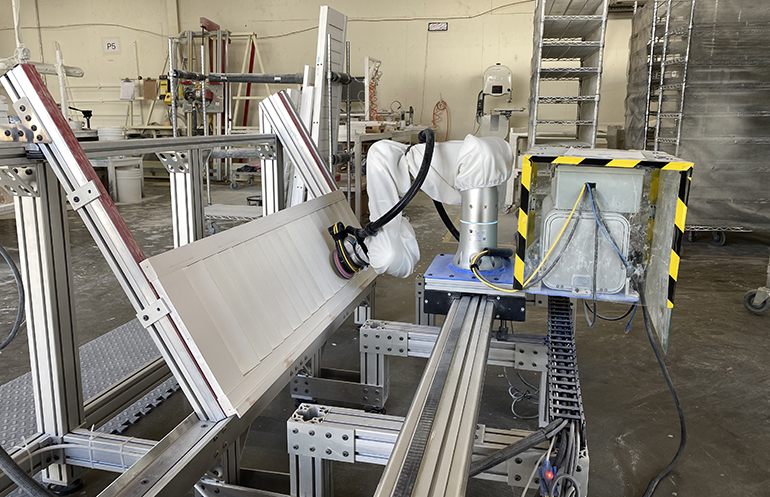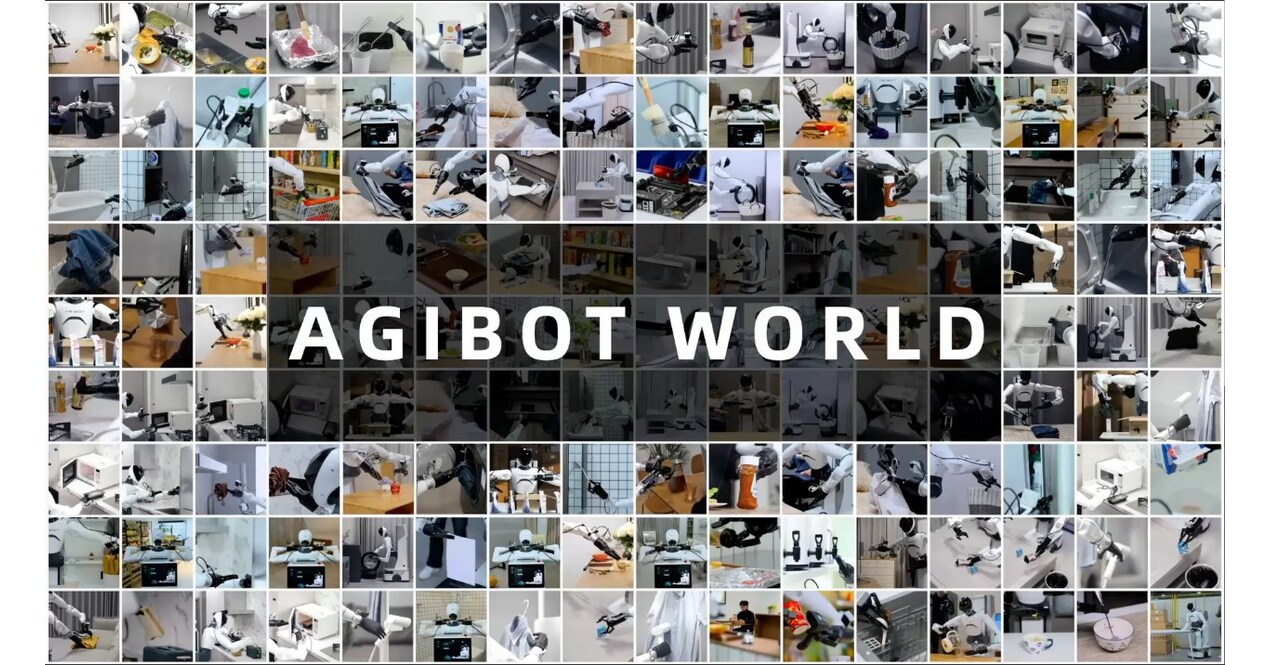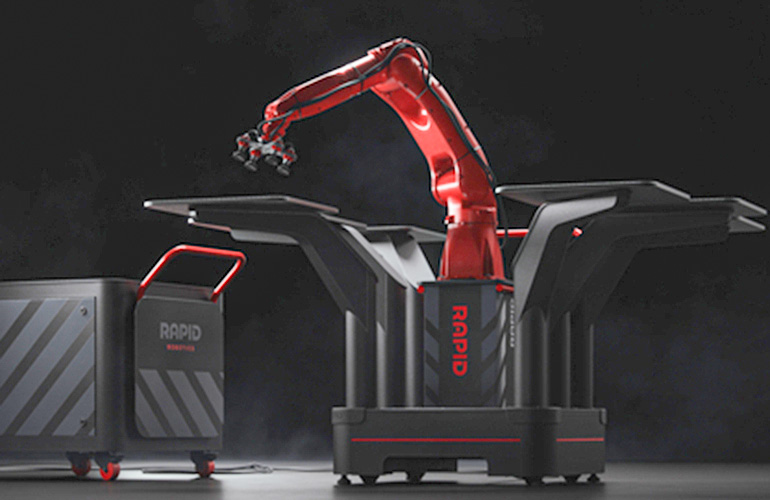In a significant development that could reshape the landscape of robotics and artificial intelligence, Pittsburgh-based startup Skild AI has emerged from stealth mode, announcing a staggering $300 million Series A funding round. This investment catapults the company's valuation to $1.5 billion, signaling strong investor confidence in its ambitious vision for embodied AI.
Founded in 2023 by AI luminaries Deepak Pathak and Abhinav Gupta, Skild AI is pursuing one of the most challenging frontiers in technology: creating intelligent machines capable of learning and reacting to the world autonomously. At the heart of their approach is the development of the Skild Brain, a robotics foundation model designed to serve as a shared, general-purpose intelligence for a wide array of robotic applications.
Unlike many robotics startups that focus on vertical, application-specific solutions, Skild AI is taking a horizontal approach. Their goal is to create a broadly intelligent system capable of controlling any robotic mechanism across various tasks and environments. This strategy aligns Skild with tech giants like OpenAI, Covariant, and NVIDIA in the pursuit of foundation models for robotics.
What sets Skild AI apart is the sheer scale of their ambition. The company claims to be training its model on at least 1,000 times more data points than competing models. This massive dataset is expected to enable unprecedented generalization and emergent capabilities across diverse robotic embodiments and tasks, including manipulation, locomotion, and navigation.
Deepak Pathak, co-founder and CEO of Skild AI, emphasized the potential impact of their technology: "We believe Skild AI represents a step change in how robotics will be scaled, and has the potential to change the entire physical economy." The company envisions its AI model making robots of all kinds more agile, dexterous, and safe for human interaction, potentially revolutionizing industries facing labor shortages such as healthcare, construction, warehousing, and manufacturing.
The pedigree of Skild AI's founders lends credibility to their ambitious claims. Pathak and Gupta boast a combined 25 years of experience in robotics and AI, with numerous industry breakthroughs to their names, including self-supervised robotics and curiosity-driven agents. Their team includes experts from leading tech companies and prestigious universities, bringing together some of the brightest minds in the field.
Investors are clearly betting big on Skild AI's vision. The $300 million Series A round was led by Lightspeed Venture Partners, Coatue, SoftBank Group, and Bezos Expeditions, with participation from other notable venture capital firms and tech giants. Raviraj Jain of Lightspeed Venture Partners praised Skild AI's potential to "redefine our notions of what machines are capable of," while Sri Viswanath of Coatue highlighted the company's scalable approach to building foundational models for robot manipulation and locomotion.
The investment in Skild AI reflects a broader trend of increasing interest and capital flowing into embodied AI and robotics. As Stephanie Zhan of Sequoia Capital noted, "A GPT-3 moment is coming to the world of robotics," drawing parallels to the transformative impact of large language models on digital intelligence.
Skild AI is not just focusing on the brain of robots; they're also developing hardware platforms to showcase their technology. The company is working on a mobile manipulation platform and a quadruped platform for security and inspection, demonstrating the versatility of their AI model across different robotic embodiments.
As Skild AI moves forward with its ambitious plans, the company faces significant technical and practical challenges. Developing a truly general-purpose AI for robotics that can adapt to any environment and task is an enormously complex undertaking. Moreover, ensuring the safety and reliability of such systems in real-world applications will be crucial for widespread adoption.
Nevertheless, the emergence of Skild AI and the substantial investment it has attracted underscore the growing recognition of embodied AI's potential to revolutionize industries and reshape our relationship with machines. As the company works towards its vision of building "general purpose artificial intelligence grounded in the physical world," the robotics industry and beyond will be watching closely to see if Skild AI can deliver on its bold promises and usher in a new era of intelligent, adaptable machines.


















